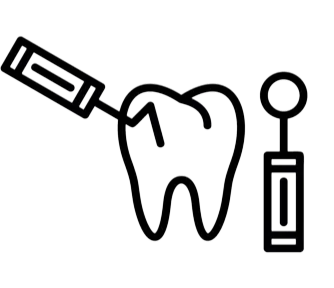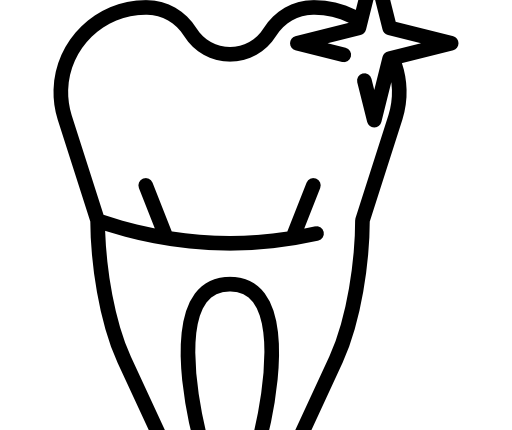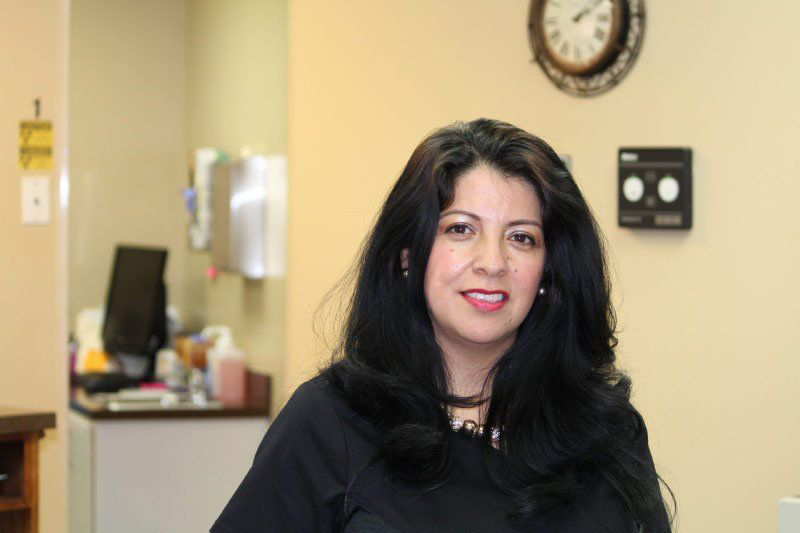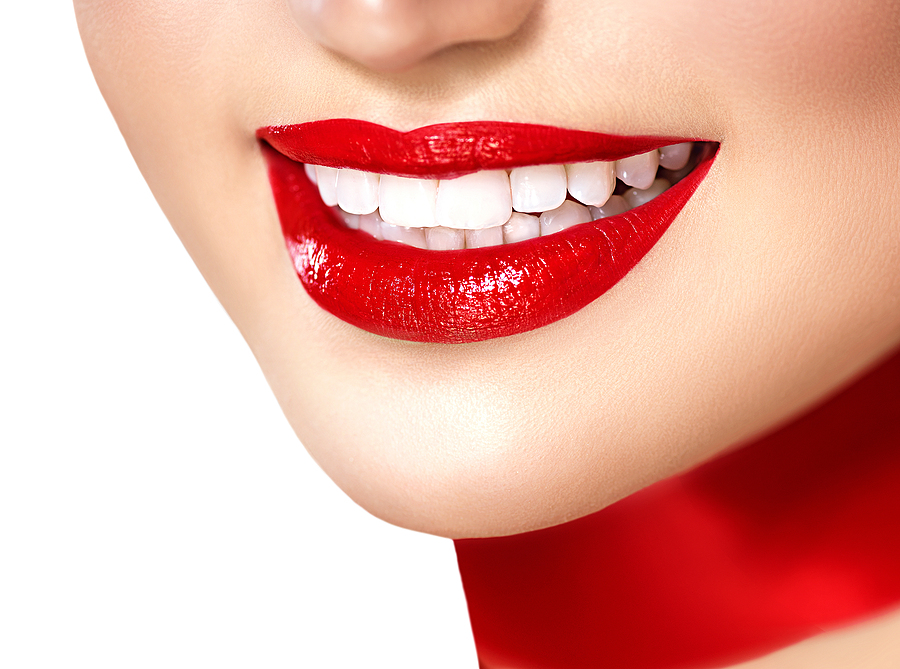![This is a thumbnail image of blog Good Oral Health Begins at Home This is a thumbnail image of blog Good Oral Health Begins at Home]()
Good Oral Health Begins at Home
Jul 21, 2023![This is a thumbnail image of blog Is a Root Canal in Your Future? Look Out for These 5 Warning Signs This is a thumbnail image of blog Is a Root Canal in Your Future? Look Out for These 5 Warning Signs]()
Is a Root Canal in Your Future? Look Out for These 5 Warning Signs
Jan 30, 2024![This is a thumbnail image of blog Achieve a Perfect Smile with Cosmetic Dentistry in Winston-Salem, NC This is a thumbnail image of blog Achieve a Perfect Smile with Cosmetic Dentistry in Winston-Salem, NC]()
Achieve a Perfect Smile with Cosmetic Dentistry in Winston-Salem, NC
Oct 16, 2024![Endodontics in Winston-Salem, NC Endodontics in Winston-Salem, NC]()
The Benefits of Endodontic Treatment: Why Saving Your Tooth is Worth It
Nov 11, 2024![This is a thumbnail image of blog How Restorative Dentistry Can Improve Your Quality of Life This is a thumbnail image of blog How Restorative Dentistry Can Improve Your Quality of Life]()
How Restorative Dentistry Can Improve Your Quality of Life
Mar 12, 2025

How Do I Get Rid Of Bad Breath?
Bad breath, or halitosis, is an unpleasant odor that comes from the mouth. It may be a sign that you have an underlying oral health problem. Here are a few tips to eliminate bad breath.
Brush Your Teeth Twice Daily
You should brush your teeth twice per day for two minutes each time. Use fluoride toothpaste and a soft-bristled brush to gently clean your teeth and gums. When you brush your teeth, use gentle strokes at a 45-degree angle along your gum line and gently brush the chewing surfaces of your teeth. Use the tip of the brush to clean the inner areas of your lips and cheeks. We also recommend brushing your tongue to remove harmful bacteria from the surface.
Floss at Least Once a Day
Yes – flossing is important to remove food and plaque from between teeth and under the gum line. In fact, brushing alone misses more than half of the tooth surfaces in your mouth. If you don’t floss regularly, you allow bacteria to build up and produce a sulfur compound that causes bad breath. Just as important, if food particles are allowed to remain on teeth for a prolonged period of time, they can cause decay to form in hard-to-reach areas of your mouth. So, make flossing part of your daily routine to banish stinky breath and keep your mouth healthy and clean.
Brush Your Tongue
A tongue-scraper or soft-bristled brush designed for cleaning the tongue will help eliminate odor-causing bacteria. Start with the back part of the tongue and work forward. Be sure to brush the sides of your tongue as well.
Clean Dentures or Dental Appliances
Keeping your mouth healthy with dentures or dental appliances takes some extra effort on your part. Your mouth and gums need just as much attention as they would if you still had your natural teeth. Remember to brush every part of your denture/dental appliance that comes into contact with your mouth. This includes the portion that fits over your gums, too. You should also soak your dentures in a solution that fights bacteria and cleans them thoroughly. Your dentist can recommend the best cleaning product for you.
Avoid Dry Mouth
A dry-mouth condition may be called xerostomia. This can also happen due to dehydration. Avoiding this can be achieved by drinking lots of water. The recommended daily water intake is eight glasses a day. Drinking water can also help flush away food particles and bacteria from your mouth. Xerostomia can also be caused by certain medications like antihistamines and antidepressants. Ask your doctor about the possible side effects of your medication.
Adjust Your Diet
Eat healthy foods and limit snacks between meals. Choose foods that fight bad breath, like apples, celery, cheese, nuts, and yogurt. Limit foods that are known to cause bad breath, such as onions, garlic, anchovies, and coffee.
At our practice, we make our patient's dental our top priority. Visit our clinic to get a thorough examination to determine the best treatment for your condition.
Location
3801 Indiana Avenue,
Winston-Salem, NC 27105
Office Hours
MON - THU8:00 am - 5:00 pm
FRI8:00 am - 1:00 pm
SAT - SUNClosed

















comments